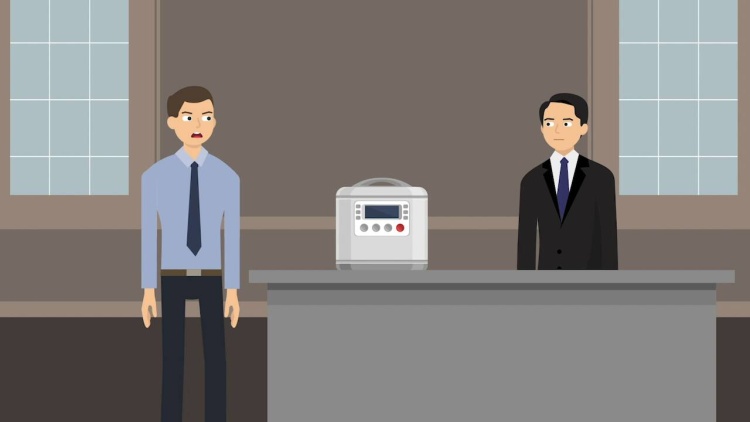Global-Tech Appliances, Inc. v. SEB S.A.
United States Supreme Court
563 U.S. 754 (2011)
- Written by Craig Conway, LLM
Facts
In 1991, SEB S.A. (SEB) (plaintiff) obtained a patent for a cool-touch deep fryer. The deep fryer was very popular in the United States, and sales were very good. In 1997, Sunbeam Products, Inc. (Sunbeam), a competitor of SEB, hired Pentalpha Enterprises, Ltd. (Pentalpha), a subsidiary of Global-Tech Appliances, Inc. (defendant), to build a deep fryer Sunbeam could sell in the United States. Pentalpha was headquartered in Hong Kong and, upon being hired by Sunbeam, purchased an SEB fryer in Hong Kong. Because it was sold in a foreign market, the SEB fryer did not have United States patent markings on it. However, Pentalpha’s CEO, a holder of other United States patents, knew that patented products sold abroad did not have United States patent markings. Pentalpha proceeded to completely copy the SEB fryer, except for certain cosmetic aspects. Pentalpha hired an attorney to conduct a patent search, but it did not inform the attorney that the fryer was directly copied from SEB’s. The attorney’s search did not discover SEB’s patent; thus, Pentalpha sold the fryer to Sunbeam for sale in the United States. SEB brought an induced-patent-infringement suit under 35 U.S.C. § 271(b) against Pentalpha. A jury found in favor of SEB. The district court denied Pentalpha’s posttrial motions, and the United States Court of Appeals for the Federal Circuit affirmed. The United States Supreme Court granted certiorari.
Rule of Law
Issue
Holding and Reasoning (Alito, J.)
Dissent (Kennedy, J.)
What to do next…
Here's why 905,000 law students have relied on our case briefs:
- Written by law professors and practitioners, not other law students. 47,100 briefs, keyed to 995 casebooks. Top-notch customer support.
- The right amount of information, includes the facts, issues, rule of law, holding and reasoning, and any concurrences and dissents.
- Access in your classes, works on your mobile and tablet. Massive library of related video lessons and high quality multiple-choice questions.
- Easy to use, uniform format for every case brief. Written in plain English, not in legalese. Our briefs summarize and simplify; they don’t just repeat the court’s language.





